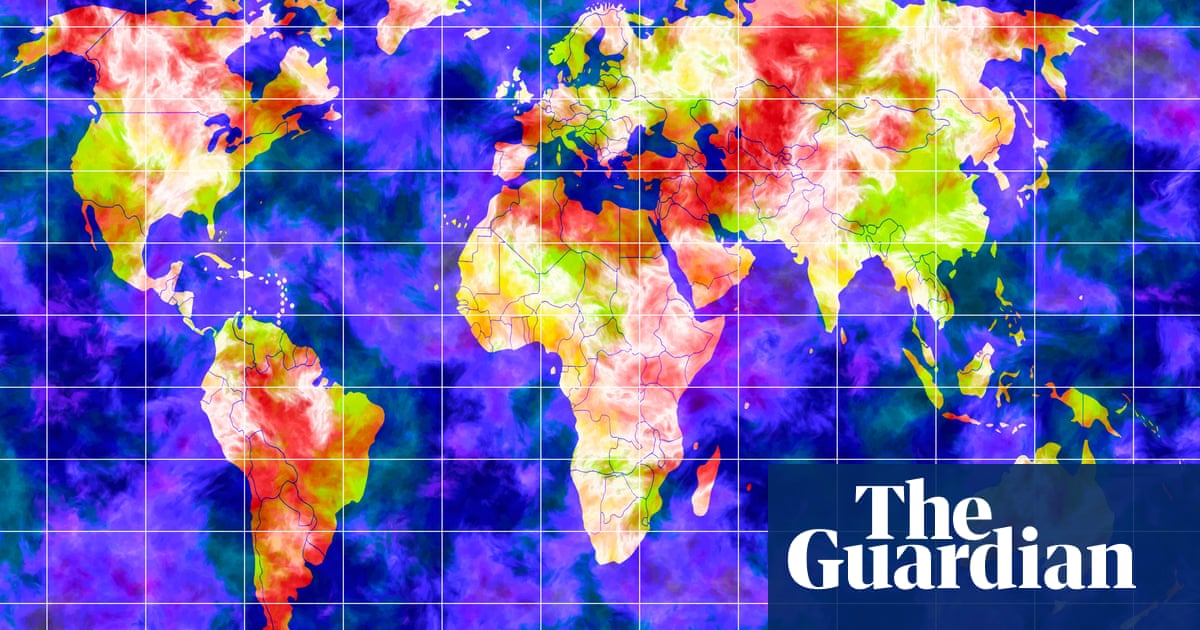Google DeepMind Achieves Superior Weather Prediction Accuracy

Advances in Weather Forecasting with AI
Introduction to GenCast
Researchers are making significant strides in weather forecasting. An innovative program known as GenCast, developed by Google DeepMind, is outpacing traditional forecasting systems in both speed and accuracy. This AI-based tool provides weather predictions that are up to 20% more precise than the well-respected ENS forecast from the European Centre for Medium-Range Weather Forecasts (ECMWF).
How GenCast Works
GenCast utilizes 40 years of historical weather data, covering the period from 1979 to 2018. It analyzes various factors such as wind speed, temperature, humidity, pressure, and other atmospheric variables across multiple altitudes. Rather than relying on complex mathematical equations like traditional models, GenCast learns from past weather patterns to predict future conditions.
Predictive Capability: GenCast can forecast weather changes over areas measuring up to 28 kilometers square for the next 15 days, breaking these forecasts down into 12-hour intervals.
- Speed: A major advantage of GenCast is its efficiency. While conventional models require hours of computations on powerful supercomputers, GenCast generates accurate forecasts in just eight minutes on a single Google Cloud TPU, which is specifically designed for machine learning tasks.
Comparison with Traditional Forecasts
In head-to-head tests, GenCast outperformed ENS in both day-to-day weather predictions and extreme event forecasts for up to 15 days. It showed greater accuracy in tracking hurricanes and providing details about their likely paths and landfall locations.
Ilan Price, a research scientist at Google DeepMind, noted the importance of this milestone, describing it as an "inflection point" for AI in the realm of weather prediction. For now, GenCast is designed to work alongside existing traditional methods rather than completely replace them.
Innovations in AI Weather Forecasting
This is not the first AI-driven weather forecasting tool introduced by Google. In July 2023, the company unveiled NeuralGCM, blending AI with traditional physics for long-range forecasts. Earlier that year, GraphCast was introduced, producing single best-guess forecasts. Building on this foundation, GenCast generates an ensemble of 50 or more forecasts, each with a probability assigned to various weather outcomes.
The meteorological community has responded positively to these advancements. For instance, Steven Ramsdale, a chief forecaster at the Met Office, described the development as "exciting." A spokesperson from ECMWF acknowledged it as a "significant advance," and components of GenCast are being integrated into their AI forecasts.
Future Prospects and Challenges
Experts believe that weather forecasting is entering a transformative era. Sarah Dance, a professor at the University of Reading, highlighted the potential for national weather services to develop larger ensembles of forecasts, which will improve reliability, especially for extreme events.
However, challenges remain. Critics, including Professor Dance, have raised concerns about whether GenCast can capture the "butterfly effect," a phenomenon where small changes lead to vastly different outcomes, which is crucial for ensemble forecasting. She emphasized the need for further testing to determine if generative machine learning can fully take over the role played by physics-based methods.
Conclusion
While GenCast shows promise with its innovative approach and impressive performance, experts caution that like any forecasting system, it is subject to errors. As it stands, GenCast reflects a significant leap in AI-driven weather predictions, but additional research and validation are necessary to confirm its long-term viability and effectiveness in replacing existing methodologies.






